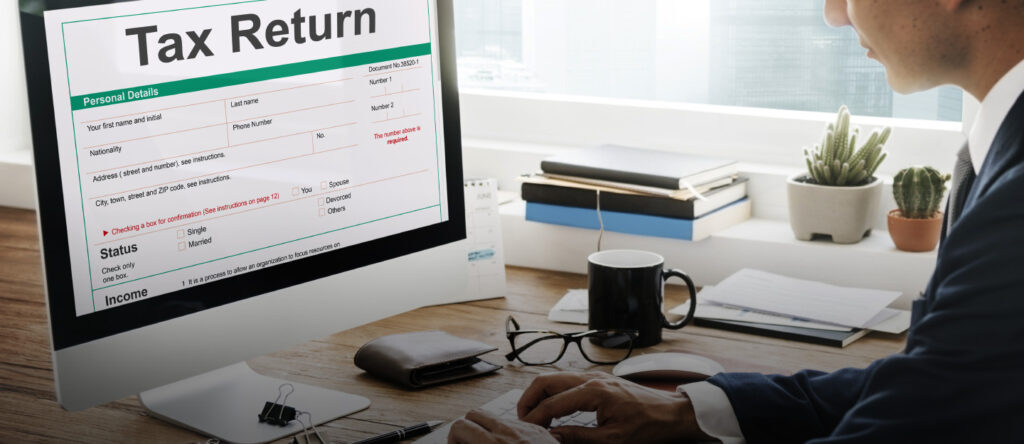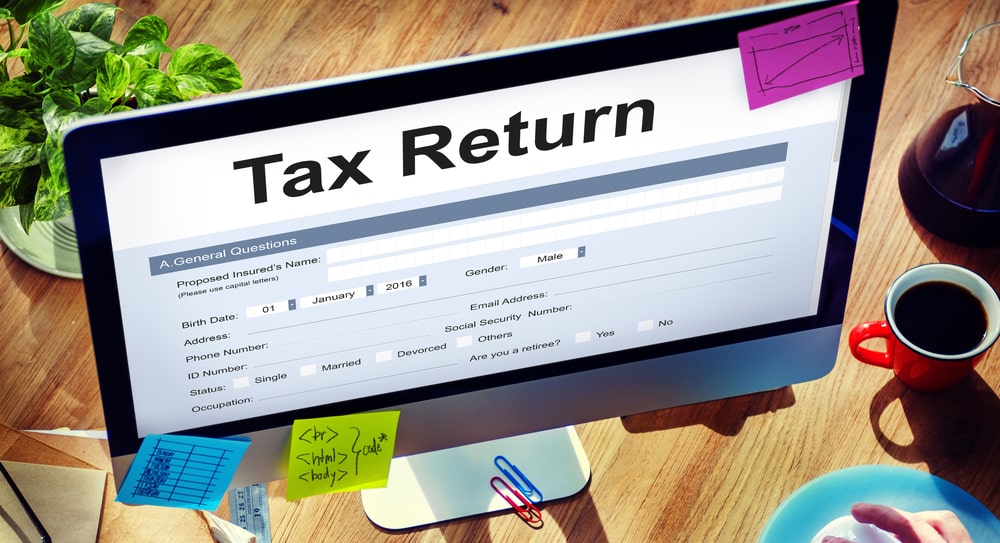How do you file taxes for your business?

In this detailed guide, we’ll walk you through the essential steps of filing taxes for your business, ensuring compliance, and maximizing your deductions along the way.
How do you file taxes for your business?
Filing taxes for your business is a crucial aspect of managing your finances and ensuring legal compliance. Whether you’re a sole proprietor, a small business owner, or a corporation, understanding the tax requirements and obligations specific to your entity is essential. Here, we’ll delve into the process of filing taxes for your business, covering key considerations and actionable steps to simplify the procedure.
Understanding Business Tax Obligations
Before diving into the tax filing process, it’s vital to comprehend your business’s tax obligations. Different business structures entail varying tax requirements, ranging from sole proprietorships and partnerships to corporations and LLCs. Each entity type has its own set of tax forms and deadlines, so it’s crucial to determine the appropriate tax treatment for your business.
Sole Proprietorship and Partnership Taxes
For sole proprietors and partnerships, business income and expenses are typically reported on Schedule C of Form 1040. Additionally, partners in a partnership must file Schedule K-1 to report their share of profits or losses from the business. It’s essential to keep accurate records of income and expenses throughout the year to facilitate smooth tax preparation.
Organizing Financial Records
Effective tax preparation begins with organized financial records. Maintaining detailed records of income, expenses, and deductions throughout the year will streamline the tax filing process and help ensure accuracy. Utilize accounting software or hire a professional bookkeeper to maintain your business’s financial records efficiently.
Tracking Income and Expenses
Keep track of all sources of business income, including sales revenue, service fees, and investment income. Likewise, meticulously record business expenses, such as rent, utilities, supplies, and employee wages. Proper documentation of income and expenses will facilitate accurate tax reporting and potentially increase your eligible deductions.
Deductible Expenses and Credits
Maximizing deductible expenses and tax credits is key to minimizing your business’s tax liability. Familiarize yourself with eligible business deductions and credits to capitalize on potential tax savings. From home office deductions to qualified business expenses, exploring available tax breaks can significantly impact your bottom line.
Home Office Deduction
If you operate a home-based business, you may be eligible to claim a home office deduction. To qualify, you must use a designated space in your home regularly and exclusively for business purposes. Measure the square footage of your home office and calculate the percentage of your home expenses, such as rent, utilities, and insurance, attributable to the business.

Filing Taxes and Deadlines
Once you’ve organized your financial records and identified deductible expenses, it’s time to file your business taxes. Familiarize yourself with the relevant tax forms and deadlines based on your business structure to avoid penalties and ensure compliance with the IRS regulations.
Tax Filing Methods
Businesses can file their taxes electronically or by mail, depending on their preference and the complexity of their tax return. Electronic filing offers convenience, speed, and accuracy, with the option to receive a faster refund if applicable. Alternatively, businesses can opt for traditional paper filing, though this method may entail longer processing times.
FAQs
What tax forms do I need to file for my business?
To determine the required tax forms for your business, consider its legal structure. Sole proprietors typically file Schedule C along with their tax return, while corporations may file Form 1120 or 1120S. Partnerships file Form 1065, accompanied by Schedule K-1 for each partner.
When are business tax returns due?
The deadline for filing business tax returns varies depending on the entity type and fiscal year. Generally, sole proprietors and partnerships must file by April 15th, while corporations have until March 15th to submit their returns. However, extensions may be available under certain circumstances.
Can I deduct business expenses if I work from home?
Yes, you may be eligible to deduct qualifying business expenses if you operate a home-based business. These expenses may include a portion of your rent or mortgage, utilities, insurance, and property taxes directly attributable to your home office. Consult with a tax professional to ensure compliance with IRS guidelines.
How can I minimize my business’s tax liability?
Maximizing deductible expenses, utilizing tax credits, and strategic tax planning are effective strategies for minimizing your business’s tax liability. Additionally, staying informed about changes in tax laws and regulations can help identify new opportunities for tax savings.
What records should I keep for tax purposes?
Maintaining accurate financial records is essential for tax compliance and preparation. Keep detailed records of income, expenses, receipts, invoices, and bank statements related to your business activities. Additionally, retain documentation of any tax-related correspondence with the IRS or state tax authorities.
Is it necessary to hire a professional tax preparer?
While many business owners opt to prepare their taxes independently, hiring a professional tax preparer can provide peace of mind and ensure accuracy. Tax professionals possess expertise in navigating complex tax laws and regulations, potentially uncovering additional deductions and credits to maximize your tax savings.
Conclusion
Filing taxes for your business doesn’t have to be overwhelming. By understanding your tax obligations, organizing your financial records, and maximizing deductible expenses, you can streamline the tax filing process and optimize your business’s financial health. Remember to stay informed about changes in tax laws and seek professional guidance when needed to ensure compliance and maximize tax savings.




Leave a Comment